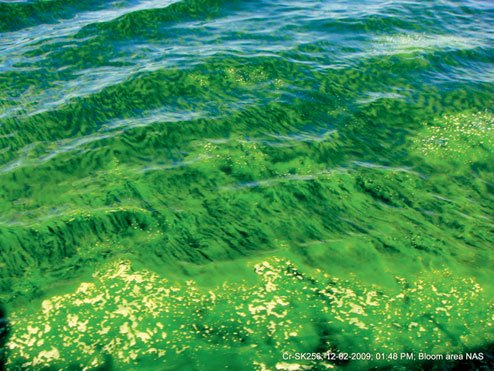
MONITORING REPORT ISB: Urban wastes dumped into the sea by India and Pakistan may be driving massive blooms of tiny marine organisms called phytoplankton in the northern Arabian Sea that could threaten catch from one of Indias major fisheries zones.
A team of scientists from the National Institute of Oceanography (NIO), Goa, have warned that these organisms have an extraordinary ability to thrive in oxygen-deficient seawater and may pose a threat to fisheries in the region.
The researchers used satellites and ships to observe the phytoplankton called Noctiluca scintillans that have emerged on vast swathes of the sea west of Gujarat and northern Maharashtra and south of Pakistan during the winter months year after year over the past decade.
“This phytoplankton thrives and proliferates in low oxygen conditions,” said Subhajit Basu, a research scholar and team member at Goa University.
“This is bad for other fish and may hurt fisheries,” said Prabhu Matondkar, an emeritus scientist at the NIO, who had first observed an unusual abundance of this phytoplankton in a satellite picture in the late-1990s.
Scientists at the Central Marine Fisheries Research Institute, Cochin, say the northern Arabian Sea is a key fisheries zone for India, having contributed over 850,000 tonnes – mainly catfish, ribbon fish, Bombay duck, cuttlefish, squid, octopus and threadfin breams – to Indias marine catch during 2012.
Fisheries sector analysts estimate that the northern Arabian Sea region accounts for about one-fourth of Indias marine fish catch.